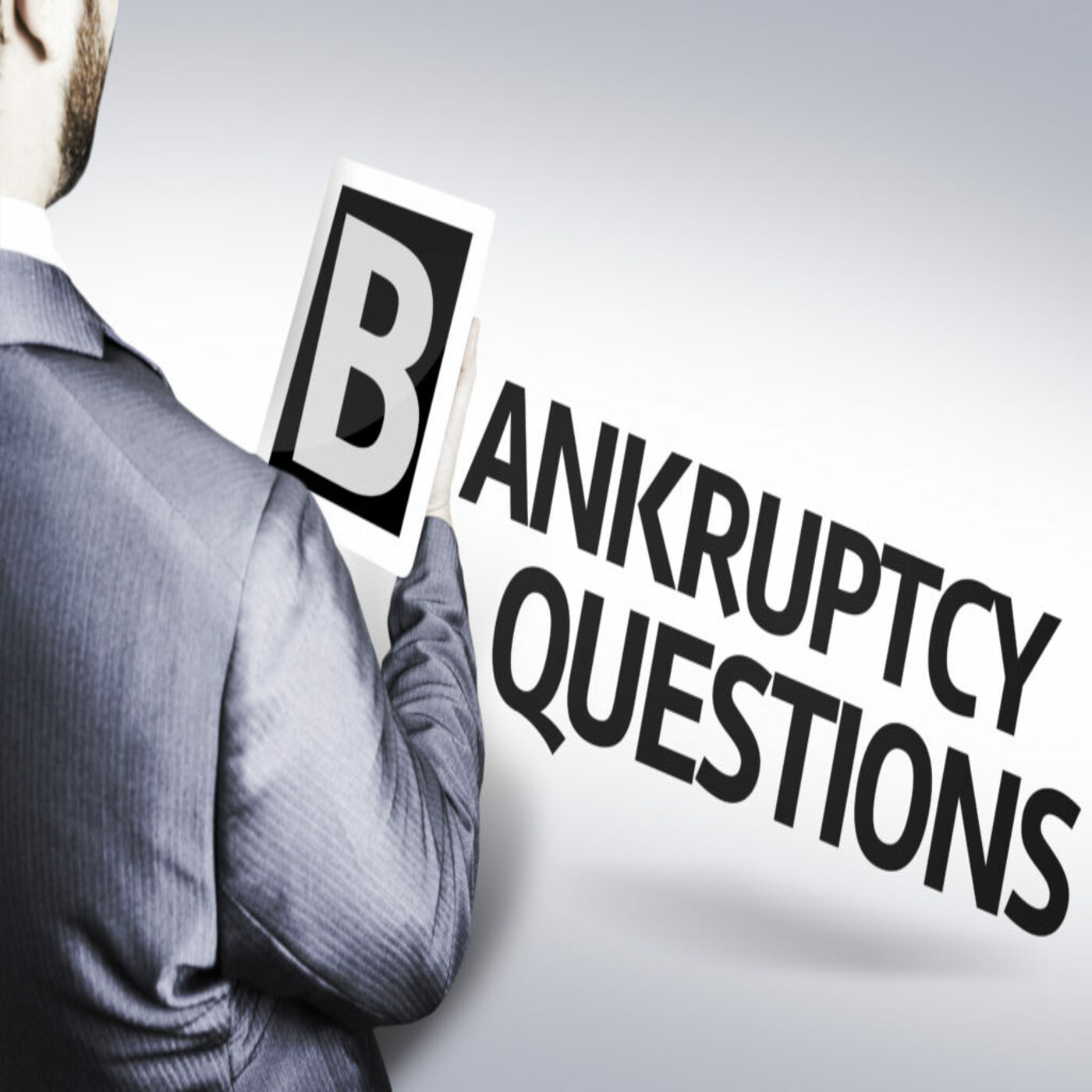Hello, this is Jeff Kelly and tonight I’m going to talk to you about chapter 7. What is it? And how in the world can it help you? Many people like to refer to chapter 7 as the Fresh Start provision of the bankruptcy code, because it basically allows you to wipe out all of your debt and get a fresh start. And a chapter 7, what we do is we want to show the court that you were unable, based on your budget to pay the debt that currently hangs over you.
Approximately 90 days after we file your chapter 7, you’re going to be granted a discharge, which means that you’re no longer liable for that debt. Usually, one of the first questions I get is how much is this going to cost and the total charge for filing a chapter 13 in my office right now is 1400 dollars. This cost includes your filing fee, the attorney’s fees, but in both your classes that are required by the bankruptcy code. Well, chapter 7 may be simple in theory, there’s a lot of different factors to consider.
For example, not every kind of debt can be discharged. And chapter 7 debts that arise from drunk driving, or you know, some type of intentional action, it’s not gonna get discharged student loans, child support, post petition homeowners associations, fees post petition timeshare fees and tax debts that are less than three year olds, three years old are not going to be discharged. Also, if you have a secured debt that you know, that’s tied to collateral, like a car note or you know, house and, you know, you’re going to have to reaffirm that debt if you want to keep that property, okay? Now, what is a reaffirmation agreement? That’s a contract when you when the creditor basically says this, hey, even though I’ve listed this car in here, I’m going to give up my rights. And we’re going to treat the debt for this car as if we’ve never filed So in other words, you keep making your car payments. You keep making your house payments.
Does a creditor have to let you reaffirm the debt? No, there’s nothing to back code that requires them to do so. But they’re crazy if they don’t. The reason they’re crazy is because when you reaffirm the debt, you are liable for the whole thing. And you can’t file bankruptcy again for eight years. So if something goes wrong with that car, for example, it turns out to be a lemon A few months later, you’re on the hook for the entire amount. Furthermore, if if they’re going to repossess your car, you know, shortly after you reaffirm it, you know, then they get to sue you for the difference. Whereas if they say no, all they get is the car. Okay. Will the chapter 7 trustee kind of my house, if I file bankruptcy? The answer that question is no. What about 99.99% of the cases? I’ve been doing this for 14 years. I’ve never seen a case where the trustee went to somebody’s house. Now I have heard of situations where somebody was a very you know somebody that made a lot of money a former doctor Maybe a former executive that had you know, hundreds of thousands of dollars worth of stuff in their house?
Well, yeah, the trustee is going to show up for that. But for the average person, no, it’s just not going to happen. Another common question we get is, when would it be better for us to file chapter 13? Well, if you’ve got a car that you’ve owned for more than two and a half years, and you have more than the cars worth, you need to take a look at chapter 13. Because in a chapter 13, you can cram down that car What that means is you would pay back not the total amount of debt of the car but instead you would pay back the value of the car. Furthermore, in a chapter 13, the interest rate right now in the Northern District of Georgia is typically around 5%. I’ve seen some clients come in and you know, they got these loans, car loans, these buy here, pay here, lots and the debt, the interest rate could be anywhere between 25 and 30%. Also, if you have two mortgages, you may want to consider looking at chapter 13, because in a chapter 13 you Some situations, you can eliminate the second mortgage in its entirety. I’ll try to do a blog post on that later. Another important thing to consider, you know, if you look at chapter 7 is a means test. If you make less than an average household, family of your size, we’re not gonna have a problem. If you make more, we’re going to need to look at your total income very closely. We’re going to need to look at you know, how much are your deductions for taxes?
How much are your deductions for health insurance? How much are you deducting for 401k? You know, do you pay in type of babysitting on a regular basis or daycare is another good one. Do you have a charitable donation like a tie or something like that all those things we can deduct? So if you have any questions, please give my office a call at 706-295-0030 and we can set up an appointment to sit down and discuss your situation.
Thank you very much.

Transcript: Hello, this is Jeff Kelly. And in this podcast, I would like to address a lot of fears that people have about losing...

Transcript: Hello! this is Jeff Kelly, today is July the ninth 2020 and today we are going to talk about what is strict compliance...

Transcript: Hello, this is Jeff Kelly. And in today’s episode, I want to talk more about pride and bankruptcy. I recently met with a...